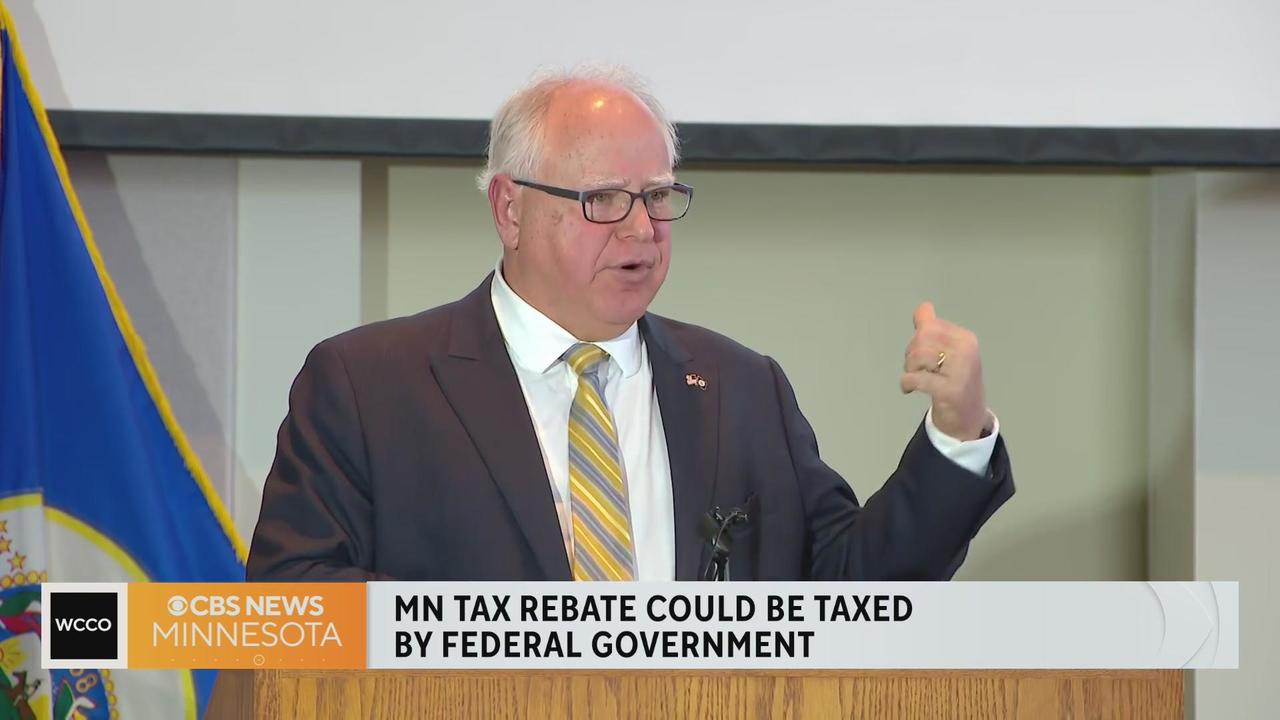IRS declared over $1 billion in Minnesota Tax Rebate Denied last fall subject to federal income taxes, which is a surprise to Minnesotans. The federal tax impact could be $26 to $286 per person, depending on income and quantity received, for over 2 million residents. This judgment comes despite state leaders’ strong exemption requests.

Minnesota Tax Rebates Denied by IRS, But No State Taxes – What You Need to Know for Your Federal Return!
All refund recipients will get a form from the state Department of Revenue to file their federal individual income tax returns. Minnesota Tax Rebate Denied by IRS and State taxes won’t apply to these payments, thankfully. State authorities were surprised by the IRS’s December announcement. This prompted Democratic Governor Tim Walz and Minnesota’s congressional delegation to vigorously petition the IRS to reconsider the decision.
IRS Commissioner Daniel Werfel ruled in recent letters to U.S. Representatives Pete Stauber and Angie Craig that the Minnesota Tax Rebate Denied is not public welfare or disaster relief. Such aid usually avoids federal taxes. This ruling supports the IRS’s claim that Minnesota rebates are not these categories.
The 2023 legislature session approved a tax cuts plan that included rebates to return some of the state’s expected $17.6 billion budget surplus to taxpayers. Individuals could receive $260, while married filers earning up to $150,000 could receive $520. For up to three dependents, families might receive an additional $260 rebate, totaling $1,300.
READ ALSO: New Child Tax Credit Bill 2024: Congress Introduced 401Kids Savings Act Establishing Savings Account Right From Birth
Tax Turmoil in Minnesota: GOP Rep Blames ‘Careless Mistakes’ as IRS Denies Rebate
Republican U.S. Representative Pete Stauber blamed “careless legislative mistakes” by the Walz administration and Democratic-controlled Legislature during tax package drafting. During the pandemic, Governor Walz complained that Minnesota was unfairly treated relative to other states that received federal aid.
Walz noted that the federal government lifted the COVID-19 health emergency in May and signed legislation approving the rebates on May 24, addressing the IRS’s distinction between the rebates and pandemic-era relief.
Minnesota Tax Rebate Denied is taxed unexpectedly, raising questions about legislative decisions and the complexity of federal and state tax laws.
READ ALSO: MN Tax Rebates: Minnesotans Hit With Unexpected Federal Tax Bills
























